Navigation article:
- 1 – Just how much coop space must i have?
- 2 – The number of nesting boxes will i need?
- 3 – Will I require a Rooster to obtain eggs in the hens?
- 4 – When perform the hens start lounging eggs?
- 5 – The number of eggs can one expect?
- 6 – How lengthy do chickens live?
- 7 – What about mites and lice?
- 8 – How can you treat individuals parasites basically have them?
Being an urban homesteader the master of city chickens, I recieve requested lots of questions regarding the maintenance and care of my flock. I’ve observed which i obtain the same questions again and again, and so i thought today’s post should address a number of individuals questions.
Ideas go…
1 – Just how much coop space must i have?
If you may well ask my “diva” chicken Charlotte now this, she will explain that every chicken must have: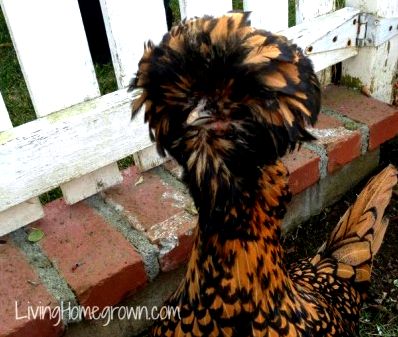
- 1,000 square ft per chicken
- Their very own limitless stash of meal worms
- An individual “chicken” massage counselor
However, that for chickens that the opportunity in your garden throughout the day, you simply need about 3-4 square ft within the coop/run position for each bird. They'll be spending many of their time outdoors the coop and just while using inside position for the nesting boxes within the day and roosts during the night.
So for 4 chickens that the opportunity, you simply require a coop/run area that measures about: 4 by 4 ft (16 square foot). But it's best to provide them just as much space as possible.
For chickens that'll be within the run constantly (never free varying), you have to bump time as much as 10 square ft per bird. Now individuals 4 chickens require a coop/run that's 6 x 7 ft (42 square ft). It is usually recommended that you can provide them just a little outside time every day to consider bugs and obtain outdoors. But if that's difficult, take a look at just how much space you've and just get the amount of wild birds you are able to accommodate. Getting a lot of wild birds in not big enough of the space may cause health issues.
2 – The number of nesting boxes will i need?
Believe me, the hens can share. Its not necessary a box for every bird. And even though you did, you'd discover that they'd most likely all make use of the same box anyway. I've found that certain nesting box for each three hens is effective.
3 – Will I require a Rooster to obtain eggs in the hens?
A number of you most likely think mtss is a silly question. But no doubt is silly! Actually, I recieve requested this constantly.
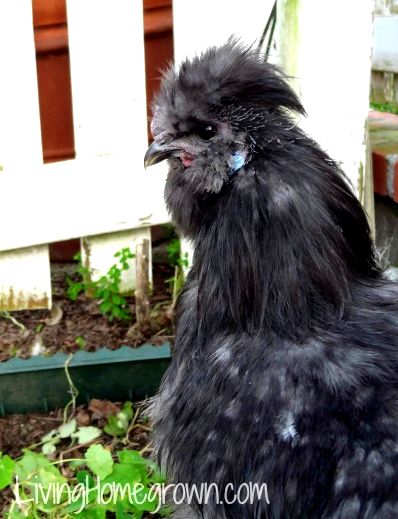
“Hazel” nowhere Silkie Rooster
The reply is NO, you don't need a rooster to obtain eggs. Actually, most ordinances don’t allow roosters within city limits because of the noise. (They crow all day long lengthy – not only to the morning.) A hen ovulates (and lays an egg) whether she's fertilized with a rooster or otherwise. So no rooster is needed to result in the ovulation. You simply require a rooster if you wish to hatch the eggs.
Should you accidentally obtain a rooster, I discuss getting a rooster plan HERE.
4 – When perform the hens start lounging eggs?
For many breeds, you will probably get eggs once the hens have to do with 5-6 several weeks old. The very first couple of eggs could be a little funky – small, misshapen, double yolkers as well as this double shelled egg I acquired once. It will take a couple of several weeks for his or her juvenile physiques to sit in their adult years.
5 – The number of eggs can one expect?
Some breeds be more effective layers than the others. However in general, a chicken will lay an egg every 24-48 hrs If they're receiving 12-14 hrs of daylight each day.
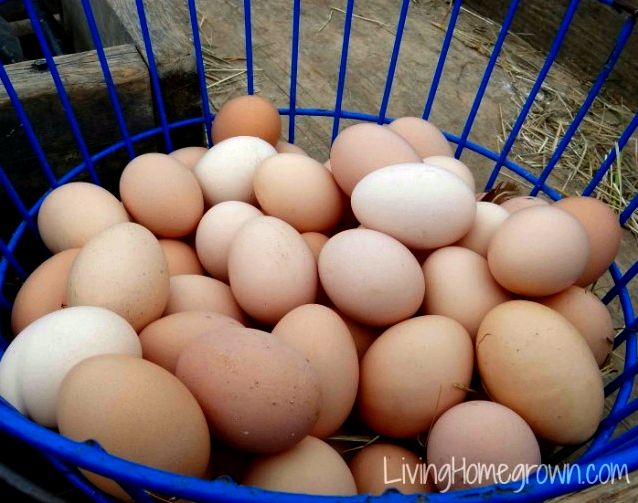
The daylight triggers a photograph-receptive gland close to the eye and that causes ovulation. So during the cold months several weeks (once the days are shorter), your hen’s egg production will slow lower or might stop altogether for any couple of several weeks. To help keep production going, you can include artificial light within your coop to increase the amount of “daylight” hrs. Personally, I allow the hens rest naturally, quite a few my buddies use artificial light without any harmful effects.
Some breeds are just like clockwork and can consistently provide you with 1 egg each day. Other breeds will lay only a couple of occasions each week. After 2-three years, a hen’s egg production slows lower and she or he eventually stops lounging.
6 – How lengthy do chickens live?
Typically, most backyard chickens live to be with 8 years of age. I have come across some living considerably longer. Your chickens is going to be well looked after, so that they must have a lengthy, happy existence.
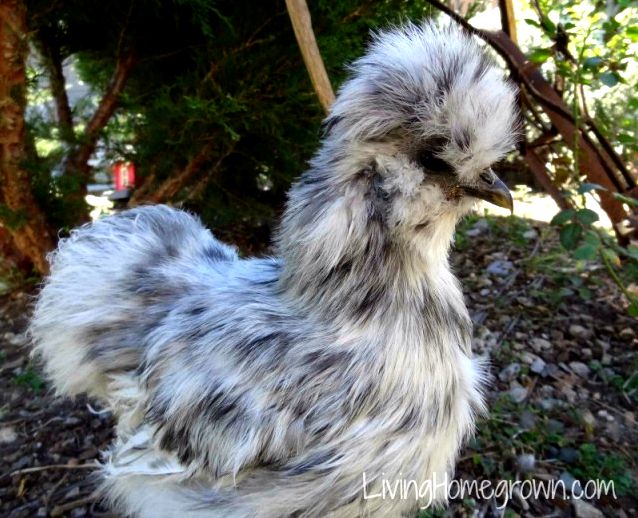
The key factor to keep in mind is they is only going to lay eggs consistently the very first couple of years. If you're keeping them like a pet, you won't be getting eggs from their store during the last couple of many years of their existence. You might want to give a couple of newer chickens for your flock every 3-four years to maintain your egg production up.
7 – What about mites and lice?
Mites and lice happen, so always keep close track of your wild birds – search for bald spots and sores. This is a piece of content with photos.
Most mites and lice range from wild wild birds visiting your backyard. Nature wild birds arrived at nibble around the chicken food and then leave a couple of parasites behind. Keeping wild wild birds from the feeding area helps. Overcrowding causes it to be worse, so for the sake of your wild birds keep the flock figures manageable.
Chickens will give themselves dust baths to avoid parasite infestations. You will notice them do that when in the dirt regions of a garden. To assist them even more, you can include a dust box for their coop. Ensure that it stays full of a combination of course sand and food grade diatomaceous earth (This is a source). Take care not to drink too much diatomaceous earth (merely a cup approximately) because it results in a fine powder that induce respiratory system problems. Many people include wood ash towards the mix, but I haven't attempted that.
8 – How can you treat individuals parasites basically have them?
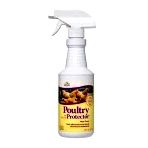 I like Chicken Protector since it is an all-natural, non-toxic spray that utilizes enzymes to manage the parasites. You are able to spray it on the wild birds as well as within the coop (nesting boxes, etc). The liquid easily will get into all of the the nooks and crannies from the coop.
I like Chicken Protector since it is an all-natural, non-toxic spray that utilizes enzymes to manage the parasites. You are able to spray it on the wild birds as well as within the coop (nesting boxes, etc). The liquid easily will get into all of the the nooks and crannies from the coop.
The only real bad factor relating to this product would be that the chickens absolutely hate being sprayed.
Hope that can help! For those who have your personal FAQ or chicken keeping tips, please add them within the comments. I would like to hear them!
This publish was a part of your blog series known as the 31 Times of Living Homegrown.
Resourse: http://livinghomegrown.com/day-24-greatest-concerns-about-raising-backyard-chickens/
TEF12002 Doktor Lond feat. Agarfa – Don't Die Before Living / Homegrown Ganja [12" Vinyl]
Video COMMENTS:
Michael Bay Sørensen: Heavy!
Tags: living
Comments are closed here.
